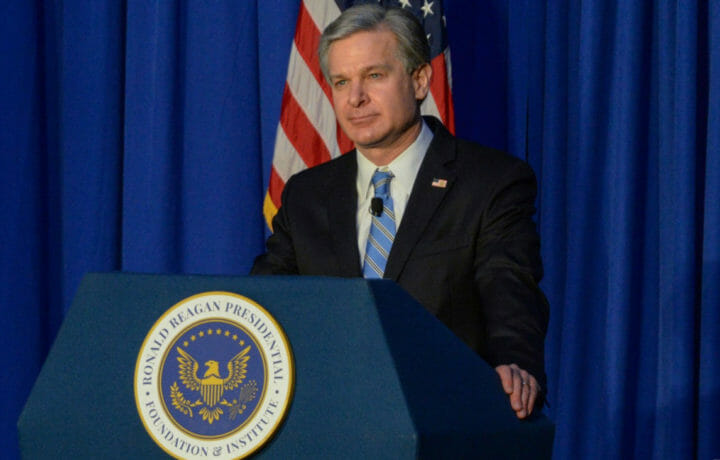When the FBI swoops into someone’s home anywhere in the country – possibly on the basis of classified materials residing where they shouldn’t be – you might wonder why or how investigating classified documents would be an FBI job. The federal government takes its classified documentation very seriously. And as all clearance holders know, you don’t take classified documents out of the SCIF. Plus, if the FBI is involved, chances are that they’re not just after documents marked CUI.
Counterintelligence at the FBI
The FBI is responsible for overseeing a wide variety of work. Who is responsible for following the classified trail? Under the Department of Justice (DOJ), the FBI has both intelligence and law enforcement responsibilities. As the principal investigative arm for the DOJ, the FBI has the right to follow up on specific crimes that pose a security threat to the U.S.
When classified documents leave government facilities, the FBI has the right and responsibility to minimize any threat to the U.S. Under their Counterintelligence Program, the FBI protects the secrets of the Intelligence Community (IC). They also protect our nation’s assets, like advanced technologies and sensitive information.
That arm of protection extends beyond keeping a watchful eye on classified documents falling into the wrong hands. This unit is actively seeking to counter the activities of foreign spies and countries who may wish to do the U.S. harm. Espionage is more common than ever before, and spies can go after unlikely information and technology.
DOJ a Key Piece of the Picture
And under the DOJ, the Counterintelligence and Export Control Section (CES) supervises the investigation and prosecution of cases affecting national security, foreign relations, and the export of military and strategic commodities and technology. The CES authorizes cases to be prosecuted – including any that involve the Classified Procedures Act.
Once the FBI has gathered the evidence through their investigation, they present it to the appropriate U.S. Attorney or DOJ official. At that point, they will determine if further action is needed.
When Does the FBI Get Involved?
Despite all the chatter, historically, the FBI hasn’t decided who gets prosecuted. Their role is to conduct the investigation – like they did with Hillary Clinton’s emails, years ago. This latest flurry of activity appears to be at the behest of the National Archives, as they allege that some records from the Trump Administration, believed to be classified, were removed from the White House to Mar-a-Largo. While documents can be declassified during a presidency, that’s not an option after that time of service has ended. And similar to clearance holders, presidents have a duty and obligation to preserve classified information.
Time will tell if anything they find will result in criminal charges. For now, everyone is getting a real-time lesson in what it may look like for the government to investigate the storage or potential breach of classified information.



